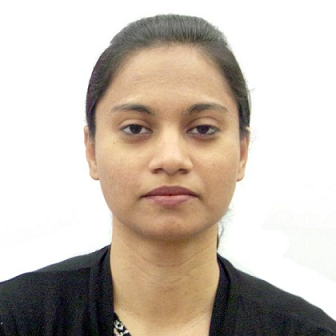Principal Faculty Members
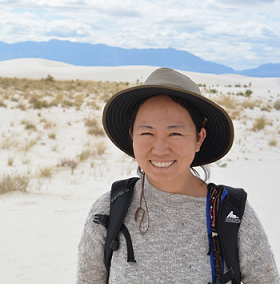
Postdoctoral Scientists
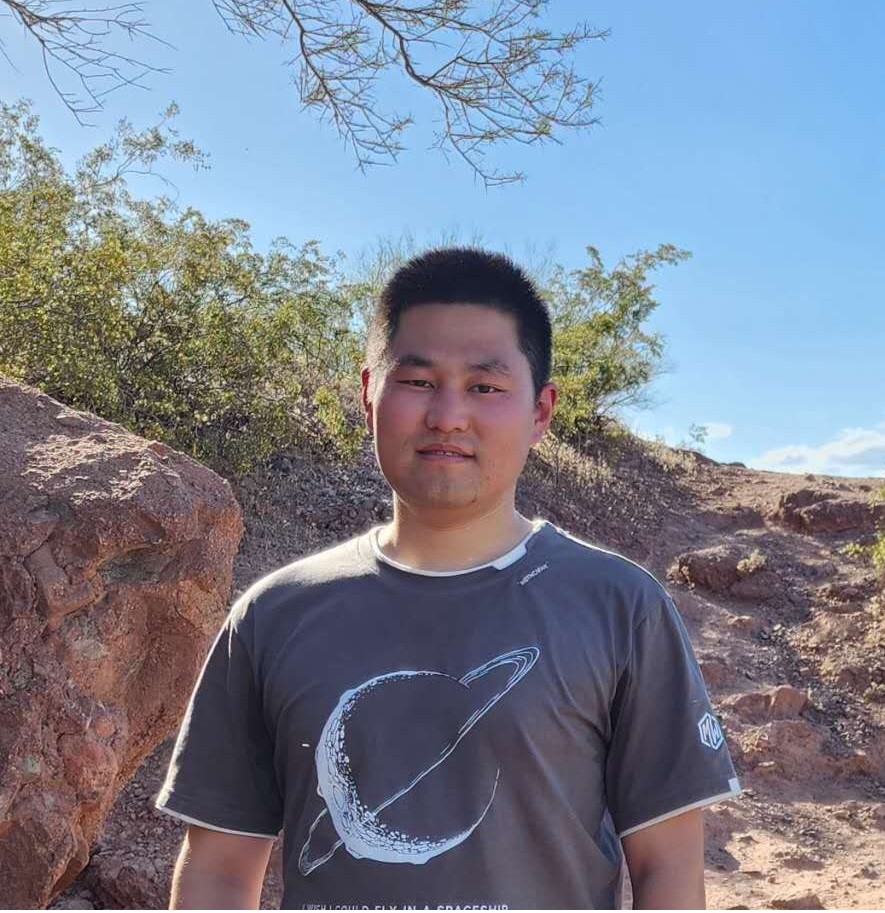
Geng obtained his Ph.D. from Tongji University (China) and worked on the monitoring of heavy metals in the environment. In the past three years, Geng's research mainly focused on microbial transformation of V(V) and Cr(VI) in contaminated environments. Geng also has experience studying the microbial community and metabolisms of Chloroflexi in hot springs.
Graduate Students
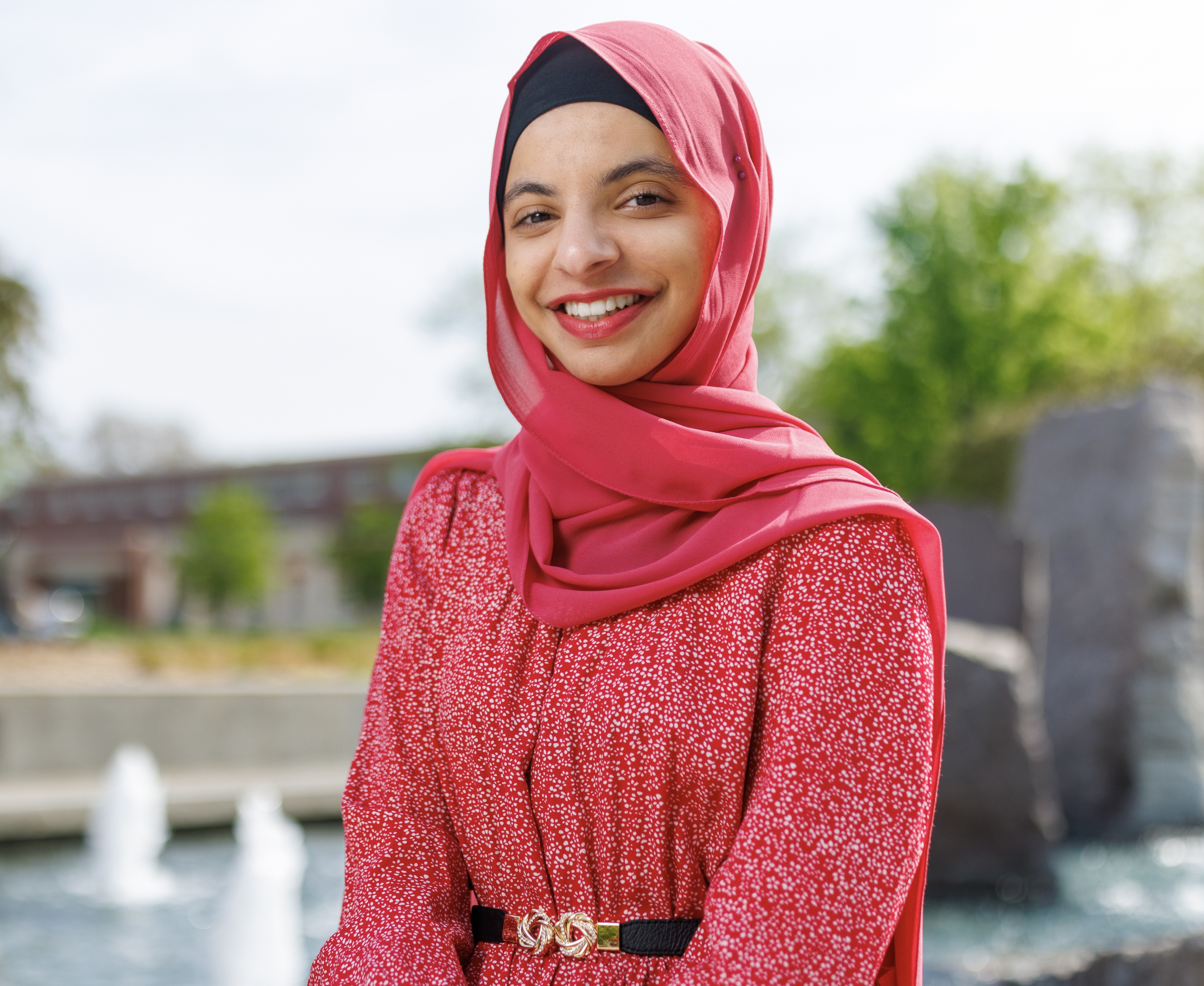
Sukaina is pursuing a PhD in Chemistry. Her current research interests are in sulfur biogeochemistry- understanding the relationship between sulfur-metabolizing microbes and the effects on their geochemical environments. She earned her Bachelor's of Science in Biochemistry with High Distinction from the University of Nebraska-Lincoln for her work on quantifying the immune response to inflammatory bowel disease using a germ-free mouse model.
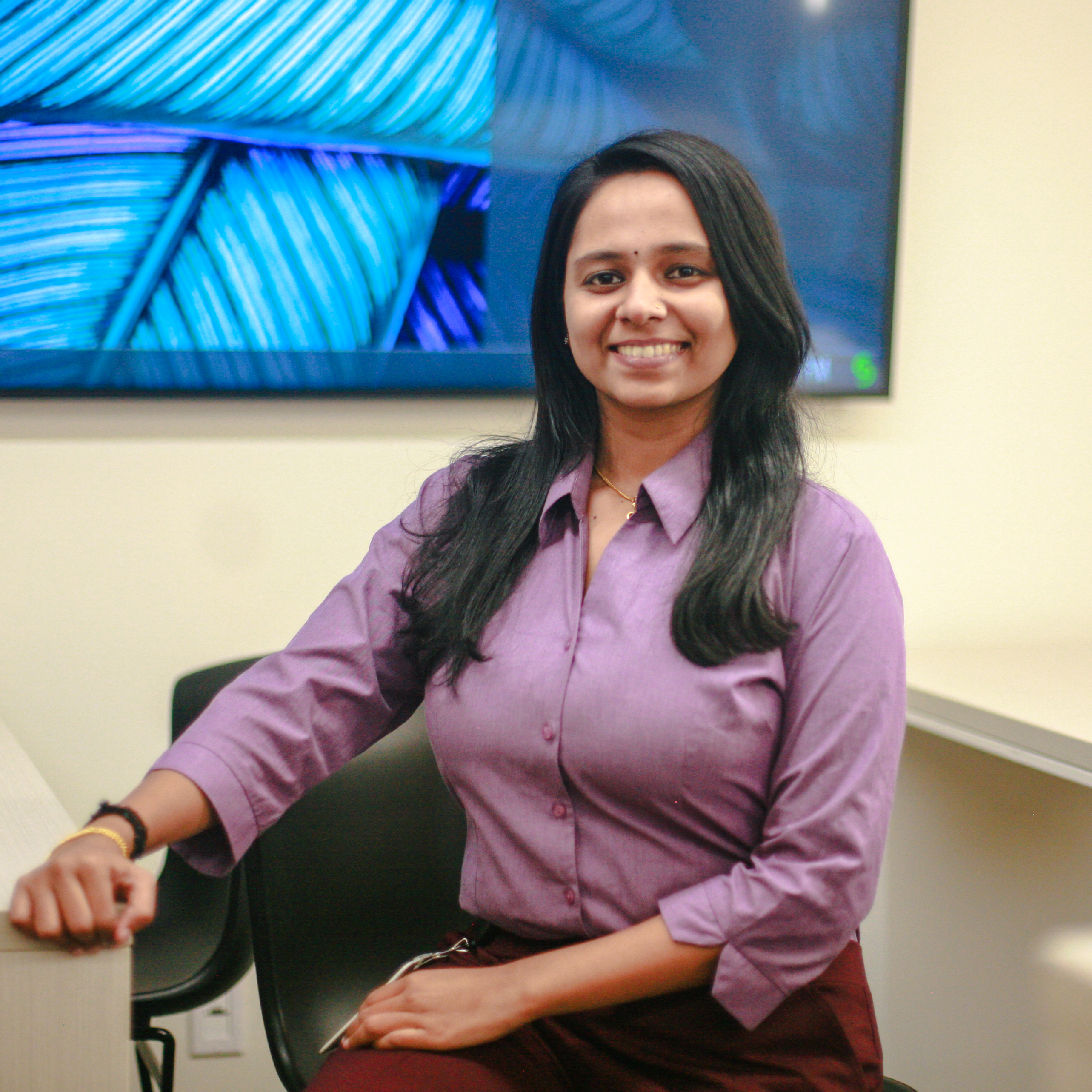
Parvathi Rajan , pursuing PhD in biochemistry whose interests are in Microbiology and bioenergetics. She is an MSc graduate in biochemistry from University of Kerala, India, holding the university rank in her master's program and having previously topped the dual degree undergraduate program in Biochemistry and Industrial Microbiology.

Tan got his bachelor’s degree from University of Science – Vietnam National University. His undergrad project was mainly about the application of nanoparticles on green catalysts. At ASU, he tries to explore how transition metal ions behave under different conditions. Apart from research, he is a badminton lover.
Undergraduate Students
Alumni
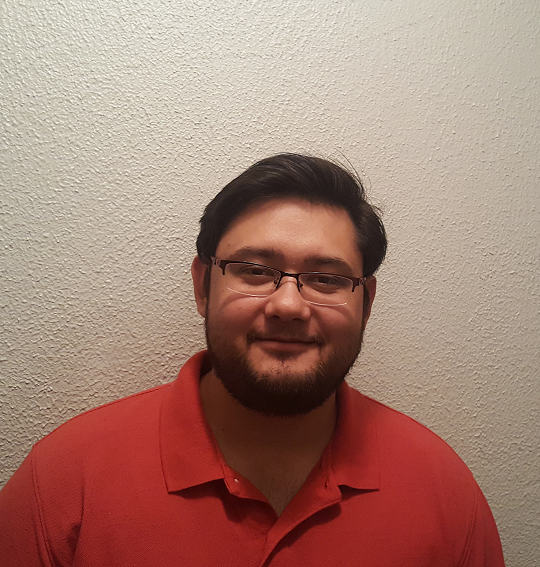
Hugo was born in Mexico. He completed a B.S. in Microbiology and an M.S. in Chemistry at UTEP. Hugo is mostivated to use his multidisciplinary background to help solve some of the complex environmental problems that we face today. Hugo's work focuses on anoxygenic photosynthetic bacteria, especially their interactions with metal sulfide nanostructures.

Grace joined us for a relatively short time in the summer of 2022 from University of Southern California. Grace has helped significantly in the purple sulfur bacteria-metal sulfide work. Her focus was on the strain of Halorhodospira halophila.

Co-advised by Lin and Jie. Matt studied the trace metal behavior in the nanoscale components of coal fly ashes using combined geochemical and microbiological approaches.
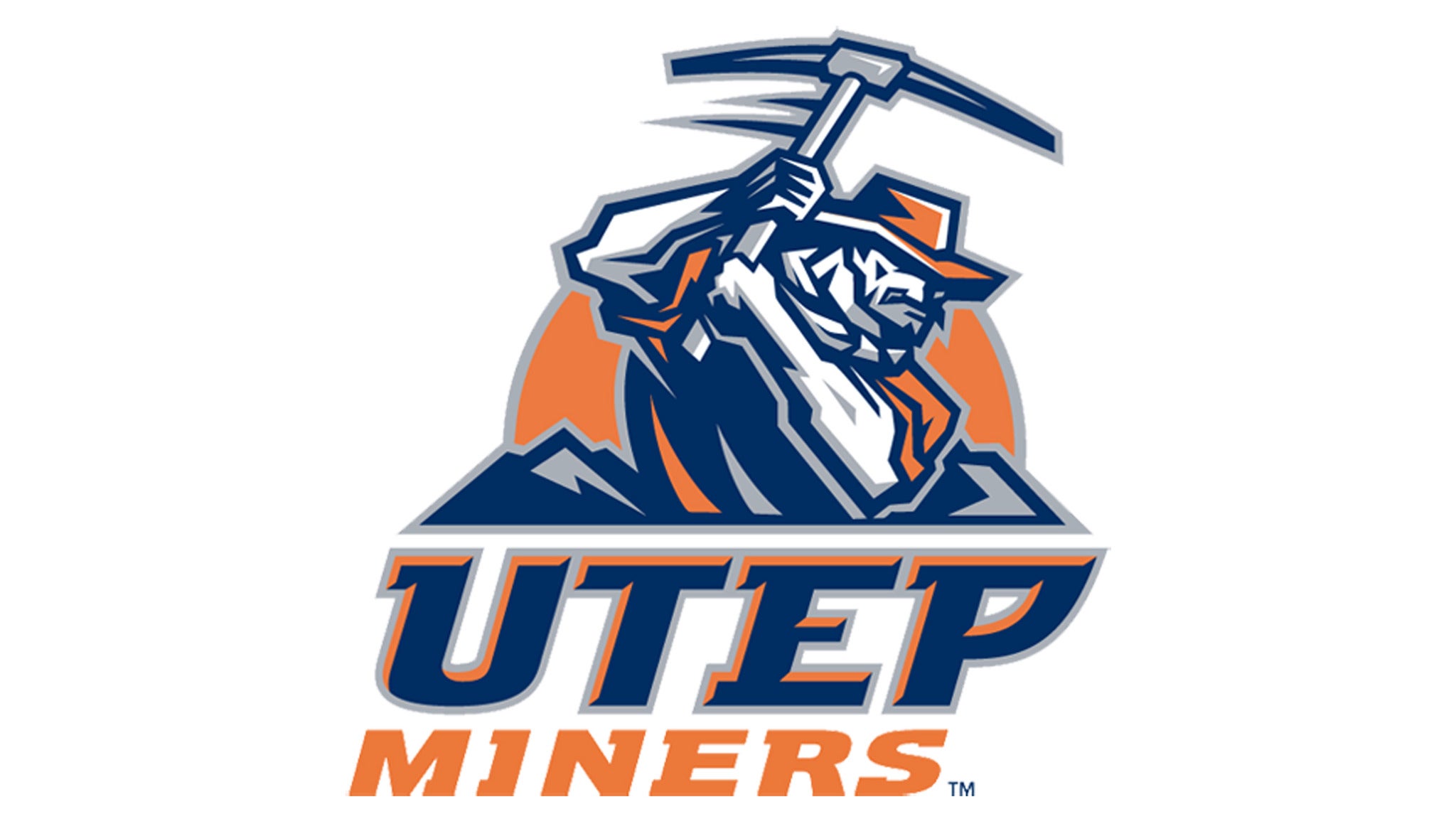
Christian's work focused on biological Fe-V-sulfide system during his appointment.
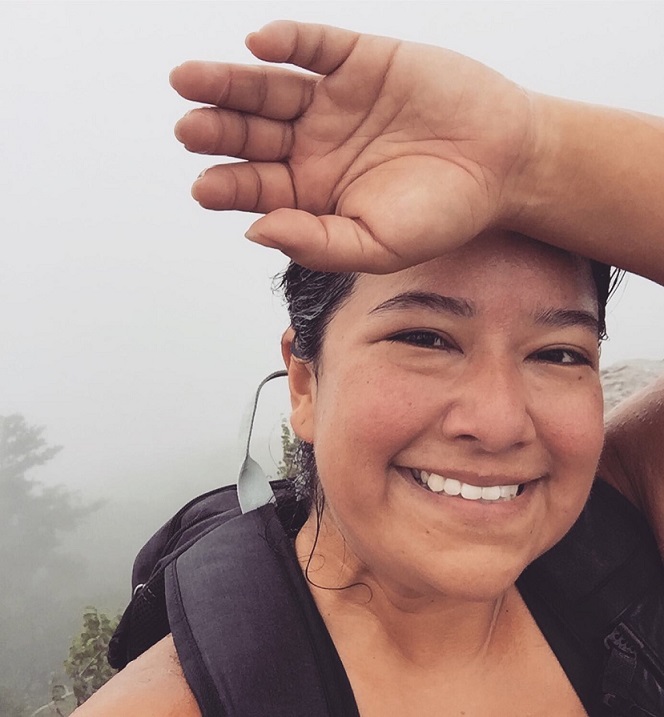
Erica's work focused on the abiotic sequestration pathways of molybdate under euxinic conditions.

Brandon has double majors in Geology and Chemistry and joined us from upper state of Michigna. Brandon's work focused on the relationships of S-cycling bacteria and their mineralogical environment in White Sands and Badwater Basin.

Tony's work focused on the extraction of nucleic acids from environmental samples and also the amplification of these extracted nucleic acid.
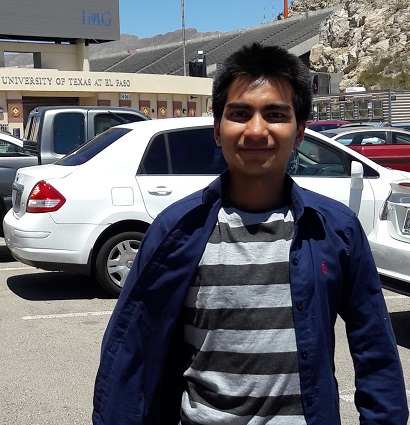
Muammar was a postdoc in the lab from July 2017 - Nov 2019. Muammar's work focused on the precipitation and transformation of multiple metal-sulfide systems in anoxic low-temperature aqueous condition. Muammar obtained his Ph.D. (specialized in Isotopic Geochemistry and Geomicrobiology) from Penn State.
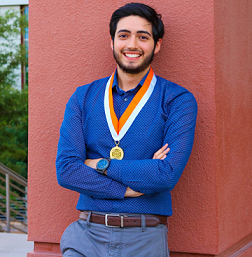
Born and raised in Mexico, Ezequiel moved to the United States just in time for high school, where his passion for the earth sciences flourished. Ezequiel's work focused on capturing the transformation of biogenic versus abiogenic iron-sulfide nanoparticles in anoxic low-temperature aqueous environments.
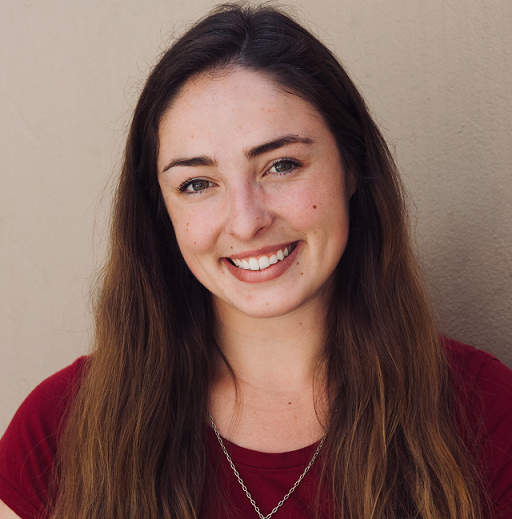
Rachel is a recipient of the Excellence Fellowship. Rachel's work focuses on the reactivity and fate of moybdate and thiomolybdate in various types of euxinic conditions.

Jason worked on analyzing the mineralogical compositions of samples obtained from the White Sands using XRD and SEM.

Andrew received his PhD in Chemistry at Carnegie Mellon University, studying the spectroscopic properties of metal centers in enzymes and biomimetic complexes. In particular, he used Electron Paramagnetic Resonance and Mössbauer spectroscopies to elucidate the reactive intermediates in enzymatic cycles. Following his PhD, Andrew broadened his skills in his postdoctoral research at Boston University, where he learned molecular biology, anaerobic enzymology, and electrochemistry. At ASU, Andrew hopes to merge these ideas and explore, using spectroscopy and electrochemistry, how microbes interact with extracellular metal ions during lithotrophic growth. In his free time, Andrew likes to bike and swim, and is eager to learn photography while on outdoor adventures around Arizona.
Copyright © Jie Xu 2024. Last updated: 2024-12-31 17 36

